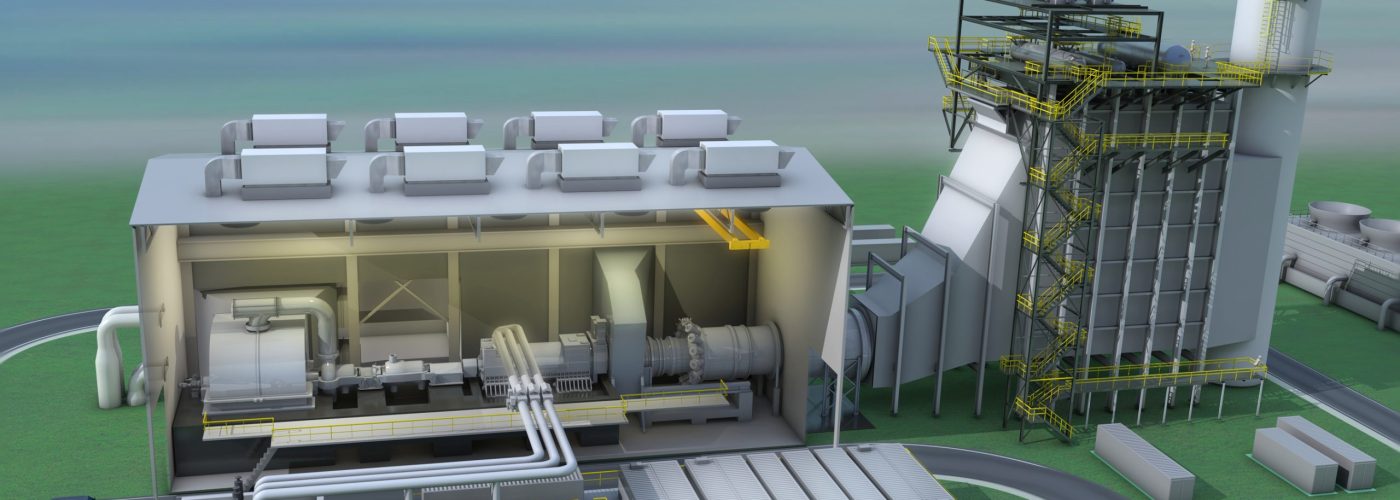New nuclear capacity may not be ready in time to provide the required increase in baseload electricity, according to a recent report from the National Engineering Policy Centre. As a result, the UK may need to approve new gas-fired power stations to decarbonise its electricity systems by 2030, presenting a challenging decision for the Labour government.
The report indicates that maintaining the electricity supply for the rest of the decade and beyond will necessitate additional baseload power, which new nuclear power stations will not be able to provide in time. While the UK’s existing gas-fired power stations are expected to continue operating as long as possible, more will likely be needed. Although wind and solar generation are poised for significant expansion, the country’s nuclear reactors are ageing, and coal is nearly phased out.
Nilay Shah, a professor of process systems engineering at Imperial College London and a co-author of the report, stated: “There is a reasonable chance that we will need new gas-fired power stations.” However, he emphasised the importance of ensuring these stations are genuinely ready for the attachment of carbon capture and storage (CCS) technology, potentially by locating them near underground carbon storage sites. The number of new stations required will depend on factors such as the construction of new interconnectors between the UK and overseas electricity grids.
Simon Harrison, head of strategy at the engineering company Mott MacDonald and co-chair of the committee that authored the report, added that having a small number of gas-fired power stations would enhance the UK’s resilience, even if they produce some carbon emissions. “We have to not be purist about unabated gas,” he remarked.
This situation presents a tough decision for Ed Miliband, the energy and net zero secretary, as he strives to meet the ambitious target of decarbonising electricity generation by 2030. Jess Ralston, head of energy at the Energy and Climate Intelligence Unit think tank, noted: “Keeping a supply of unabated gas plants in 2030 – some new as older ones are planned to go offline before then – in reality would probably mean they are only on for short, infrequent periods of time. These plants will probably be expensive to run, and gas prices are predicted to remain volatile, so it is in consumer interests to keep their usage low as well as in the interests of our energy security and, of course, climate change.”
Labour acknowledged in its manifesto the likely need to maintain some “unabated gas” – that is, without CCS – for supply security. The Committee on Climate Change has also stated that some gas-fired electricity could be necessary even as the UK aims for net zero greenhouse gas emissions by 2050.
Miliband will also face significant challenges in updating the UK’s ageing electricity grid and constructing new pylons required for power transmission from new onshore and offshore wind and solar farms. The report highlights the need for substantial work on transmission infrastructure, including new pylons. Although local objections are expected, the upgrade promises nationwide benefits, such as job creation, regional economic revitalisation, cleaner air, better health, and reduced climate crisis impacts.
Protests against new pylons have been organised by local groups and supported by Green and Liberal Democrat politicians. While the Conservative party manifesto promised to bury pylons, this method is more expensive than using overhead cables. “We need to show people the benefits,” Harrison said, calling for a robust public debate on the plan. He urged Labour to engage more effectively than previous administrations: “There needs to be a different level of engagement than we have seen in recent times.”
The report also advises caution regarding the future of biomass power in the UK, recommending that ministers make “stop-go decisions on future support” for it. Ministers face pressure to approve substantial new subsidies for large biomass-burning power stations like Drax, which provide baseload power but are controversial due to their reliance on wood burning. “Biomass generation is only worth supporting if the emissions savings are genuine and based on sustainable feedstocks, which is contested for biomass pellet imports to the UK,” the report said.
A spokesperson for the Department for Energy Security and Net Zero stated: “We are taking immediate action implementing our long-term plan to make Britain a clean energy superpower. This is the only way to guarantee our energy security and protect bill-payers permanently, which is why we will double onshore wind, treble solar, and quadruple offshore wind by 2030. We will also maintain a strategic reserve of gas power stations to guarantee supply security.”





